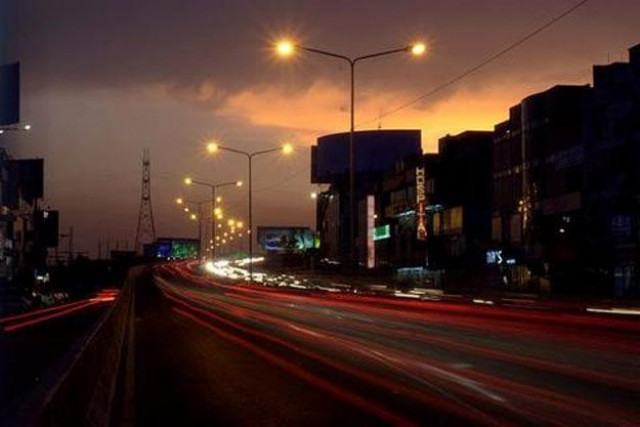Pakistan’s banking system: Soundness indicators ‘remain adequate’, says IMF
Washington-based lender says amendments in SBP law constitute major step towards its independence

PHOTO: VIEWSTORM
The International Monetary Fund (IMF) has said the soundness indicators of Pakistan’s banking system “remain adequate”.
In the ninth review of Pakistan’s economic performance under a 36-month loan programme of about $6.2 billion, the IMF said the recently passed amendments to the State Bank of Pakistan (SBP) law, including the legal formation of an independent monetary policy committee, constitute a major step forward. However, several important aspects of central bank independence still need to be addressed, it added.
Pakistan faces Rs3.3 trillion revenue black hole, says IMF
Expressing its satisfaction over the availability of liquidity in the banking system, the Washington-based lender noted that the banking sector profitability increased mainly on the back of higher government borrowing that exceeded credit extended to the private sector.
According to the SBP, private-sector credit expansion slowed down to just 3.6% year-on-year in September amid lower commodity prices and lower interest rates. A slide in commodity prices reduced the requirements for working capital and trade finance, although credit for fixed investment grew by 21% on an annual basis by the end of the ninth month of last year.
The IMF has consistently pushed the SBP to ensure that banks comply with minimum capital requirement (MCR), which is Rs10 billion, and capital adequacy ratio (CAR). Expressed as a percentage of a bank’s risk-weighted credit exposures, CAR measures the soundness of a banking institution and reflects the level of protection its depositors enjoy.
The sector-wide CAR increased to 18.2% in the first quarter of 2015-16 from 15.5% last fiscal year. According to the SBP, only one bank (out of 35) was non-compliant with both CAR and MCR at the end of September. Although it was not named in the document, Silkbank has now become CAR-compliant after completing a rights issue to meet its capital shortfall.
Foreign exchange: SBP’s reserves amount to $15.824 billion, down 0.37%
In addition to First Women Bank, three small banks were still below the MCR by September while remaining CAR-compliant. These banks include Burj Bank, Dubai Islamic Bank and Al Baraka Bank.
“We are on track to implement our devised time-bound plan to bring these banks into regulatory compliance by end-June 2016,” Pakistani authorities told the IMF.
The IMF said it supports the ongoing reforms to strengthen financial stability, including a modern deposit insurance mechanism that will be operational by the end of March. With the support of the IMF, the SBP is also strengthening the framework for the supervision of financial conglomerates and its contingency planning framework for systemically important banks.
Published in The Express Tribune, January 17th, 2016.
Like Business on Facebook, follow @TribuneBiz on Twitter to stay informed and join in the conversation.


















COMMENTS
Comments are moderated and generally will be posted if they are on-topic and not abusive.
For more information, please see our Comments FAQ